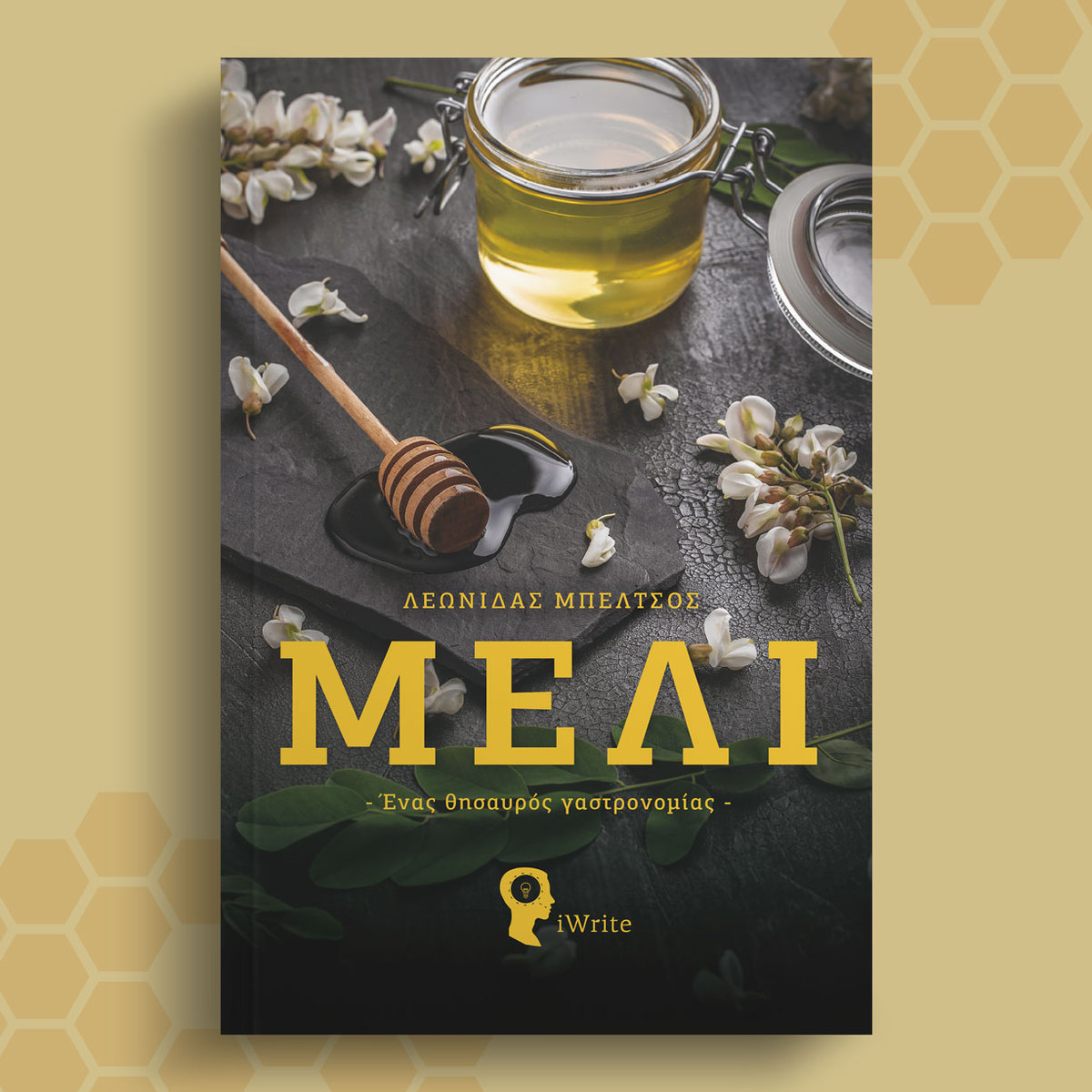Myths, truths and a book about honey
In the book about honey entitled "Honey - a treasure of gastronomy", there are recipes based on honey as well as historical data over the years. However, a web of myths and misconceptions has been spun around this 'liquid gold'. In this article, we embark on a journey to separate truth from fiction and explore the real wonders of honey.
Honey, with its rich golden hues and delightful taste, has captivated the human senses for centuries. Beyond a culinary delight, it boasts a heritage as a natural remedy and symbol of sweetness.
Myth: Honey doesn't expire.
Truth
Honey can crystallize and change over time. While the incredible lifespan of honey is well known, it is not completely eternal. Over time, many types of honey tend to crystallize, which can change their texture and appearance. This process is natural and does not necessarily indicate alteration. Gentle heating can return the honey to its liquid state without damaging its nutritional benefits.
Myth: Dark honey is always better.
Truth
The color of the honey varies with the flower sources and not the quality. The color of honey varies depending on the nectar source. While some may think that darker honey is superior, the truth is that the color of honey has no direct relationship to its nutritional value or taste. Different flower sources impart unique flavors and colors to honey, offering a variety of options for culinary exploration.
Myth: Honey is vegan friendly.
Truth
Honey is an animal product and opinions vary among vegans. Honey is a product of the work of bees and is a substance of animal origin. While some vegans choose to include honey in their diet, many do not due to ethical concerns related to beekeeping practices and the exploitation of bee colonies. The debate about whether honey is suitable for a vegan lifestyle is still ongoing.
Myth: Raw honey is healthier than processed honey.
Truth
Both raw and processed honey offer benefits, but their properties differ. The raw honey is collected and packaged without the pasteurization process that commercial honey often goes through. Raw honey may contain enzymes and trace elements that can be destroyed by heat, but it is also more likely to carry pollen and potential contaminants. Processed honey is heated to delay crystallization and improve clarity, but may lose some of its natural compounds in the process.
Myth: Honey is safe for babies.
Truth
Honey can pose health risks to infants under one year of age. Infants' digestive systems are not fully developed and honey may contain Clostridium botulinum spores, which pose risks for infant botulism. It is recommended to avoid giving honey to infants under one year of age.

